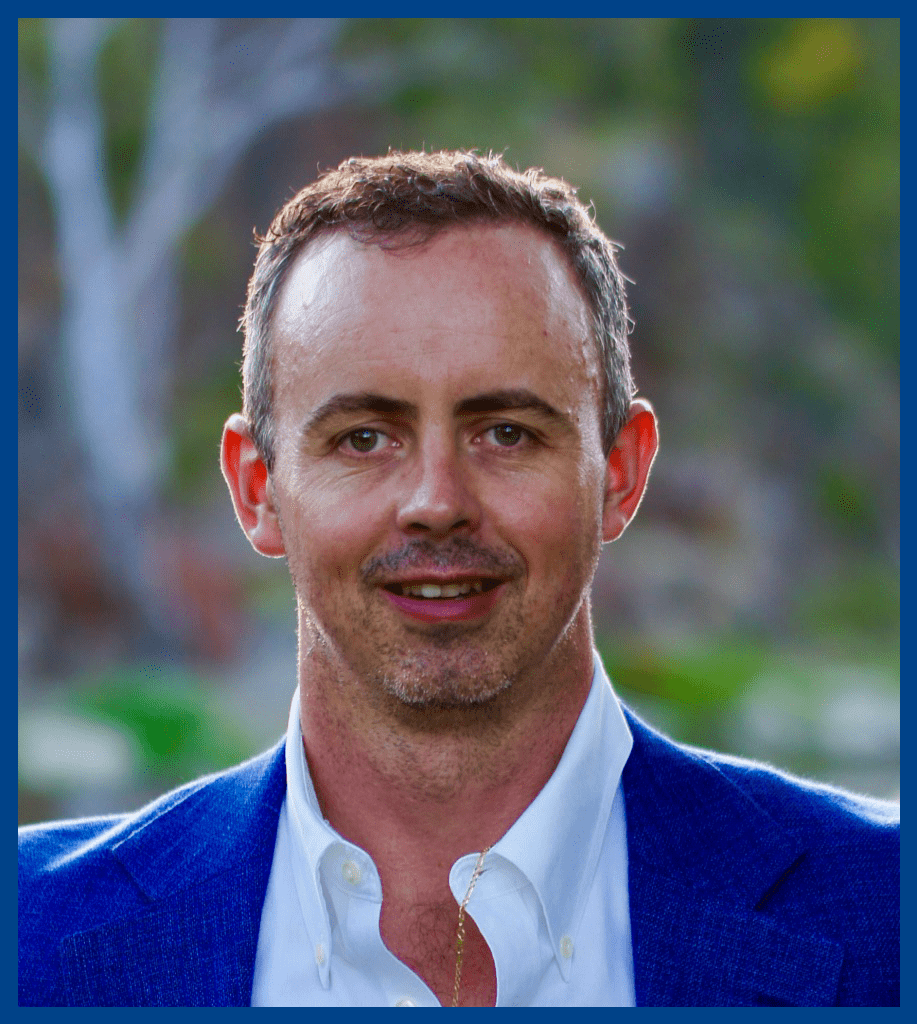Research Team
Bradley Clarke, Chief Investigator
 Dr Brad Clarke is a Senior Lecturer in Environmental Science and Analytical Chemistry at the University of Melbourne (UoM) and lead researcher of the Australian Laboratory for Emerging Contaminants (ALEC). Prior he was Program Manager of Environmental Science at RMIT University (Melbourne, Australia) 2016–2019 and has held research positions at Imperial College (London) and the University of Arizona. Brad specialises in characterising the fate, mobility and impact of legacy and emerging persistent organic pollutants.
Dr Brad Clarke is a Senior Lecturer in Environmental Science and Analytical Chemistry at the University of Melbourne (UoM) and lead researcher of the Australian Laboratory for Emerging Contaminants (ALEC). Prior he was Program Manager of Environmental Science at RMIT University (Melbourne, Australia) 2016–2019 and has held research positions at Imperial College (London) and the University of Arizona. Brad specialises in characterising the fate, mobility and impact of legacy and emerging persistent organic pollutants.
Email: brad.clarke@unimelb.edu.au
Phone: +61 3 9035 3070
Jaye Marchiandi, PhD Candidate
Bachelor of Environmental Science (RMIT University)
Bachelor of Applied Science (Chemistry) Honours (RMIT University)
 Unravelling the exposome to better characterise environmental determinants of human infertility
Unravelling the exposome to better characterise environmental determinants of human infertility
Jaye’s project aims to characterise and quantify the exposome, i.e., the totality of environmental (non-genetic) exposures from conception onward, in relation to human fertility. Utilising both targeted and untargeted analytical techniques, this project will investigate how exposure to mixtures of emerging contaminants, including per-and polyfluoroalkyl substances (PFASs), phthalates, parabens, and bisphenols, impact human fertility in Australian populations. Jaye is also an active member of the Society of Environmental Toxicology and
Chemistry (SETAC).
Email: jaye.marchiandi@unimelb.edu.au
Subharthe Samandra, PhD Candidate
Master of Industrial Research (Chemistry)
Bachelor of Environmental Science (Major: Environmental Chemistry, Minor: Environmental Engineering) (RMIT University)
Bachelor of Applied Science (Chemistry) Honours (RMIT University)
 Developing a stringent and efficient approach to identifying microplastics in various matrices
Developing a stringent and efficient approach to identifying microplastics in various matrices
Subharthe is actively studying the presence of PFASs in the environment and in consumer products. He has partnered with Eurofins to develop accurate, precise, and reproducible analytical methods for identifying and quantifying microplastics in a range of environmental matrices. He will perform national surveys for microplastics in drinking water, wastewater and biosolids. Subharthe is also a member of the Society of Environmental Toxicology and Chemistry (SETAC).
Email: subharthe.samandra@unimelb.edu.au
Wejdan Saeed A Alghamdi, PhD Candidate
Masters of Science (Chemistry)

Bachelor of Chemistry
Identification of novel per- and polyfluoroalkyl substances (PFASs) using high-resolution mass spectrometry
Wejdan’s project is aiming to identify novel PFASs. Her project will focus on Melbourne’s firefighting foams based on non-targeted and suspect screening analysis by using high-resolution QTOF-MS associated with LC and GC.
Email: alghamdiw@student.unimelb.edu.au
Mulugeta Legesse, PhD Candidate
Identifying sources of per- and polyfluoroalkyl substances (PFASs) in Australian wastewater treatment plants (WWTPs)
Mulugeta’s project is investigating the sources of legacy and emerging PFAS in Australian to Australian wastewater treatment plant. He will perform a combination of targetted analysis with LCTQ and non-targetted anlaysis (NTA) using high resolutioin mass spectrometry (HRMS) with LC-QTOF. Mulu aims to identify chemical signatures associated with PFAS emitters that will allow early identification and elmination of PFAS sources in the future.
Email: mulugeta.akele@student.unimelb.edu.au
Email: subharthe.samandra@unimelb.edu.au
Jordan Partington, Master of Industrial Resarch (Chemistry)
Bachelor of Science (Chemistry) (University of Melbourne)Landfill leachate impacts on groundwater used for agricultural irrigation
Julia is focusing on PFASs found in groundwater from adjacent landfills. Julia will investigate emerging PFASs using suspect screening with high-resolution mass spectrometry. Her work will also examine the impact of contaminated groundwater use on agricultural produce intended for human consumption.
Email: jjpartington@student.unimelb.edu.au
Rob Hone, Master of Science (Chemistry)
Bachelor of Science (Chemistry) (University of Melbourne)
Ecological significance of illicit drugs in the environment
Rob is studying the prevalence of illicit drugs in Melbourne surface waters, their relative concentrations, and the subsequent effect they have on the environment.
Email: rhone@student.unimelb.edu.au
Wejdan Saeed A Alghamdi, Masters of Science (Chemistry)
Bachelor of Chemistry
Identification of novel per- and polyfluoroalkyl substances (PFASs) using high-resolution mass spectrometry
Wejdan’s project is aiming to identify novel PFASs. Her project will focus on Melbourne’s firefighting foams based on non-targeted and suspect screening analysis by using high-resolution QTOF-MS associated with LC and GC.
Email: alghamdiw@student.unimelb.edu.au
Jiaying Zheng, Masters of Environmental Science
Bachelor of Science (Environment)
Identifying pharmaceutical in the environment using suspect screening on high-resolution mass spectrometry
Jiaying’s project aims to identify pharmaceuticals in the Melbourne surface water based on suspect screening analysis by with LC-QTOF-MS.
Email: jiayizheng@student.unimelb.edu.au
Victoria Mentor, Masters of Biosciences
The ecological impacts of microplastics on individuals and populations of a marine invertebrate
Victoria’s project focuses on one key marine species to model the effects of microplastics on population dynamics. This project aims to identify the different effects between polluted and non-polluted microplastics in individuals and populations.
Email: vmentor@student.unimelb.edu.au
Shiyue Qiu, Honours (Chemistry)
Bachelor of Science (Chemistry) (University of Melbourne)
Semi-quantitative analysis of contaminants of emerging concern with suspect screening with high-resolution mass spectrometry
Shiyue is pushing the boundaries on analytical chemistry by attempting to provide semi-quantitative analysis with high-resolution QTOF-MS and suspect screening. This approach will allow for non-hypothesis approaches to environmental monitoring.
Email: shiyueq@student.unimelb.edu.au
Navindu De Silva, Bachelor of Science (Major: Environmental Engineering)
Validating suspect screening for per- and polyfluoroalkyl substances (PFASs) with high-Resolution Mass Spectrometry
Email: pndesilva@student.unimelb.edu.au
STUDY WITH US